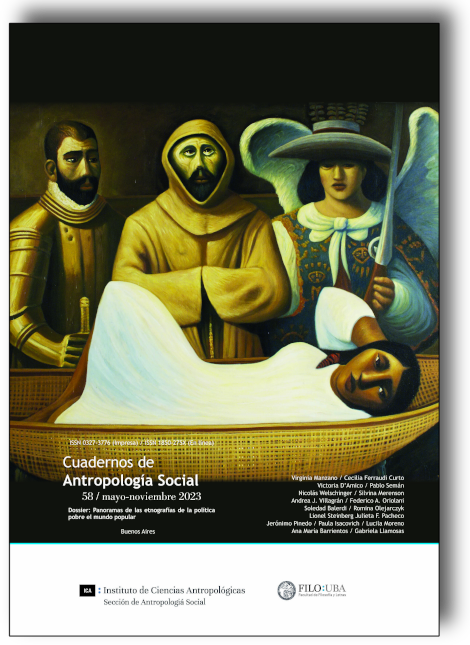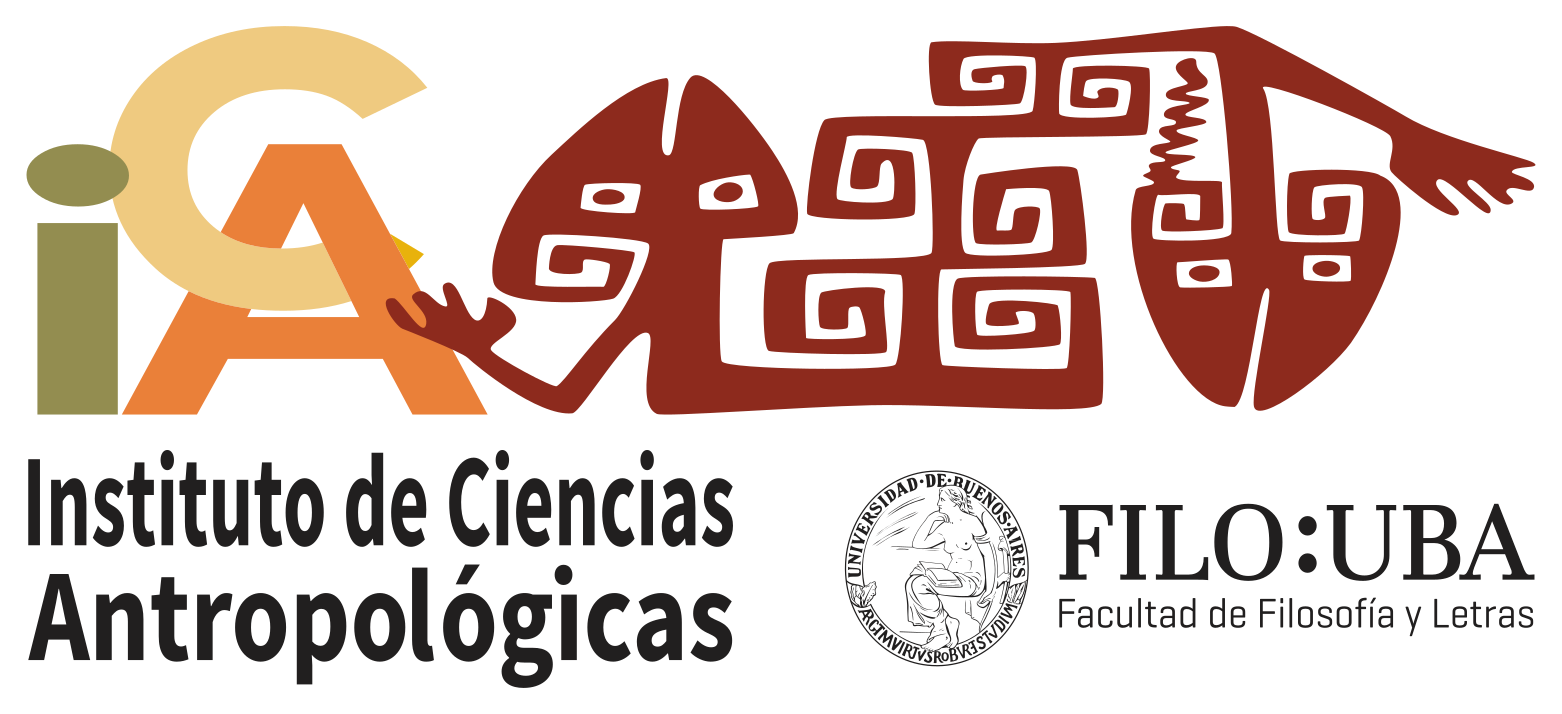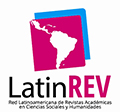Young improvers. Criticism of the state, politics and the economy in the pandemic generation
Abstract
This article analyzes the effects of the triple pandemic fracking on the subjectivities of youth from popular sectors. It argues that these effects contributed to the emergence of a youth temperament critical of politics, the economy and the “state of the State” that is born from the concrete experiences that the subjects elaborate in their daily lives and that we will call “betterism”. At the same time, we ask ourselves about the political capitalization of this process by the right-wing forces, particularly in the current juncture by the figure of Javier Milei of the party La Libertad Avanza (LLA). Thus, through the analysis of qualitative materials -focus groups, biographical interviews, participant observations in political events, survey of social networks-, we investigate the youth structure of reception of the interpellation of the libertarian discourse.Downloads
Copyright (c) 2023 Nicolás Welschinger

This work is licensed under a Creative Commons Attribution 4.0 International License.

Esta obra está bajo una Licencia Creative Commons Atribución 4.0 Internacional
Cuadernos de Antropología Social sostiene su compromiso con las políticas de Acceso Abierto a la información científica, al considerar que tanto las publicaciones científicas como las investigaciones financiadas con fondos públicos deben circular en Internet en forma libre, gratuita y sin restricciones.
Los contenidos y opiniones expresadas en los artículos publicados son de entera responsabilidad de sus autores.
Los autores/as que publiquen en esta revista aceptan las siguientes condiciones:
- Los autores/as conservan los derechos de autor y ceden a la revista el derecho de la primera publicación, bajo la licencia de atribución de Creative Commons, que permite a terceros utilizar lo publicado siempre que mencionen la autoría del trabajo y a la primera publicación en esta revista.
- Los autores/as pueden realizar otros acuerdos contractuales independientes y adicionales para la distribución no exclusiva de la versión del artículo publicado en esta revista (p. ej., incluirlo en un repositorio institucional o publicarlo en un libro) siempre que indiquen claramente que el trabajo se publicó por primera vez en esta revista.















